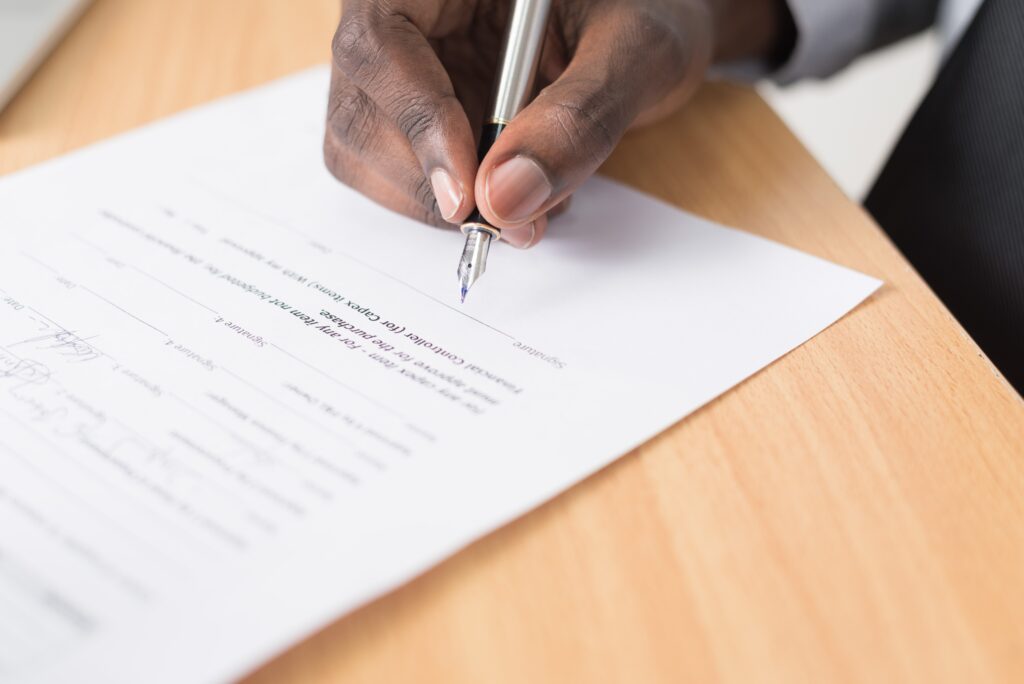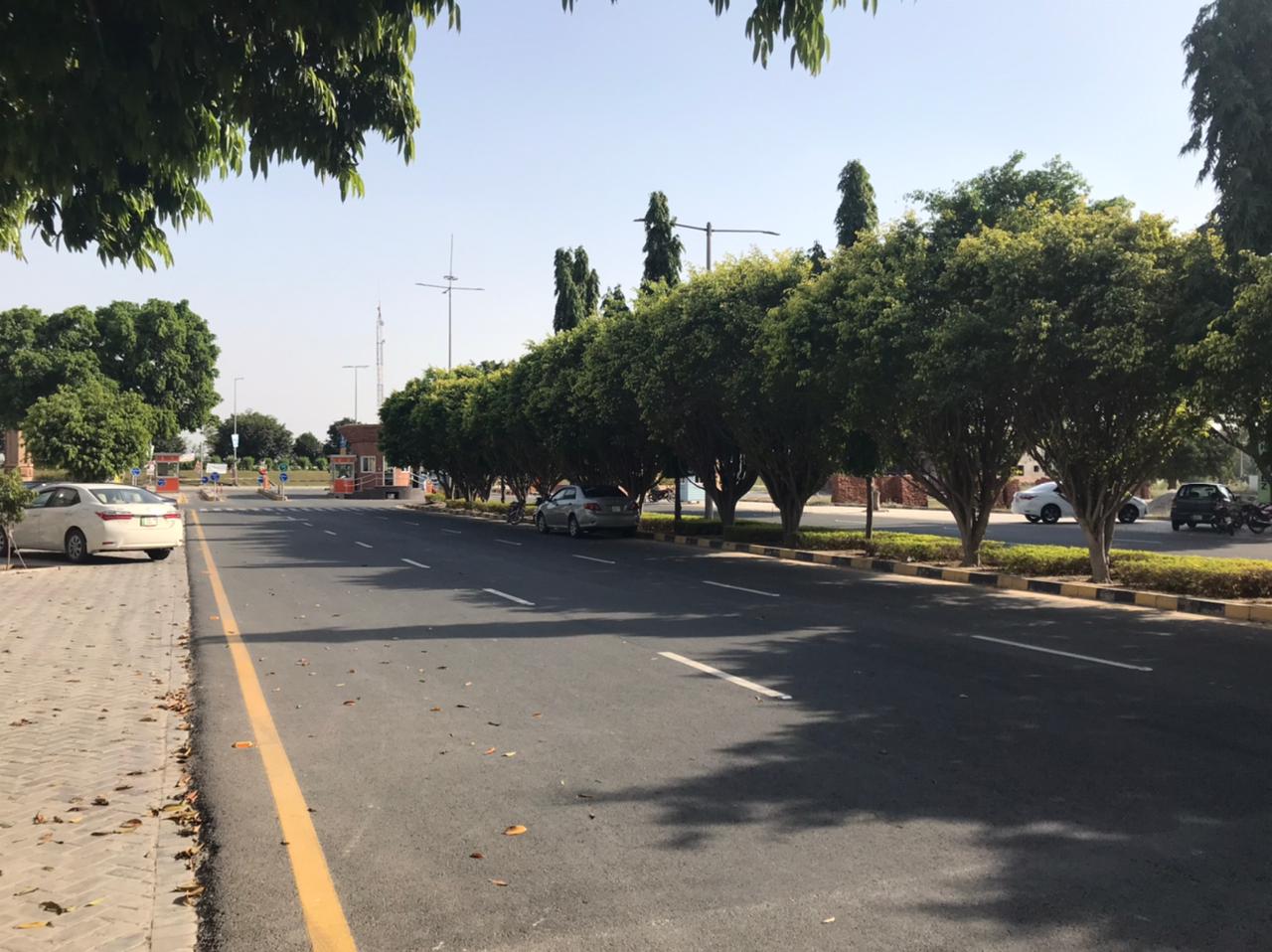
Are you planning to buy a property in Pakistan but feeling confused about whether to choose token money or bayana? Well, don’t worry because you’re not alone! Many people find themselves struggling with this decision. Token money and bayana are both essential aspects of the property-buying process in Pakistan, but they differ significantly in their functions and implications. In this blog post, we’ll dive into the details of each option and explore which one might be the best fit for your specific situation. So, sit tight, and let’s get started!
What is Token Money?
The token money is a small amount as compared to Bayana and the total value of the property is indicative of the buyer’s seriousness to enter into an agreement to buy a property. The buyer handover the token money to his agent to negotiate the quoted price by the seller. Then the agent negotiates the price of the value on behalf of the buyer and agrees with both the buyer and seller on a market competitive price of a property. Usually, the whole process is facilitated by a Real Estate Agent, who possesses all the necessary details of both the buyer and seller like CNIC, Contact Numbers, etc.
If you are dealing with an agent who is registered with the respective society where a property is located, the agreement details are written on the agent’s letterhead. This includes information about the token money, the name of the buyer, plot number, price & size, name, and the time frame in which the buyer has to make the remaining payment.
Whether token money is refundable or not?
The question that might come to a person’s mind is whether token money is refundable or not. The answer to this question is dependent on the following factors:
Whether it is a Confirmed Token or a Conditional Token?
Confirmed token:
At this point, both the buyers and sellers have double-checked the property paperwork. For the property to be registered, both the buyer and the seller sign a form outlining how the payment will be made. The date on which the property will be documented in the buyer’s name is specified in this contract. As part of the agreement, the buyer makes a payment less than that of Bayana. Because the remaining balance is collected after the registration procedure is completed.
Conditional Token:
The token is given and received with conditions and conditions constitute a conditional token. When buyers decide to get certain property, they offer a small amount, usually 1-2%. If, for some reason, the agreement failed, there was no penalty, and the same amount was returned to the buyer. o
After paying a conditional number, the buyer can then verify property ownership from the residential community/seller to ensure that the seller is the real owner. For this step, the seller provides documents of ownership or gives permission in writing, which allows the authority to share the details of ownership and legal status with the buyer, whose name and CNIC number are also mentioned in the application. A CNIC copy of the plot owner is attached to the application.
What Is BAYANA?
The major difference between Token money and Bayana is that in token money the buyer/seller is not bound to do the transaction as it is not written on legal paper (Stamp Paper), however, for bayana, the buyer/seller is legally bound to do so as the there is a formal written agreement (Stamp Paper).
Bayana is also known as 1/4th in business language represents 25% of the total value of the property for which negotiations were done. The buyer gives the Bayana to enter into a formal agreement stating the name of the buyer, plot number, name, the size and price of the property, and the time frame in which the buyer has to make the remaining payment. The time frame usually varies from 15 days to 3 months and in some cases, it is extended to 1 year.
Is Bayana Refundable?
In case of seller fails to honor the agreement, he is bound to repay Double Bayana as a penalty to the buyer and if the buyer fails to do so he will lose bayana amount given to the seller.

Important Tips When Entering Into Bayana Agreement:
- You should always keep the bayana payment as low as possible and take as much time as possible for the remaining payment
- As per the law, bayana documents are mostly in printed form (Stamp Paper) and in the English language (Preferable). The size or font used should be reasonable and the words used should be specific and unchallengeable.
- There should always be two copies of token money or bayana of property. Keeping two copies will ensure transparency between the parties. In case any extra payment is made, both parties must sign at the place where the additional payment being paid is mentioned.
- The bayana agreement must be countersigned by the parties, and there should be one witness from both sides of the parties before whom the entire procedure takes place. Before paying the bayana, make sure that the property is registered in the name of the seller to whom the bayana is paid. Also, the payment of bayana against the property must be documented.
- The buyer must check if the property in question is free from all kinds of penalties, mortgages, legal matters, bank loans, etc.






